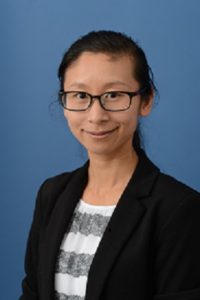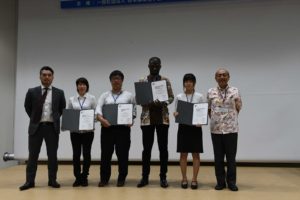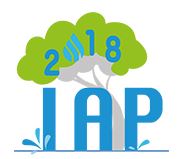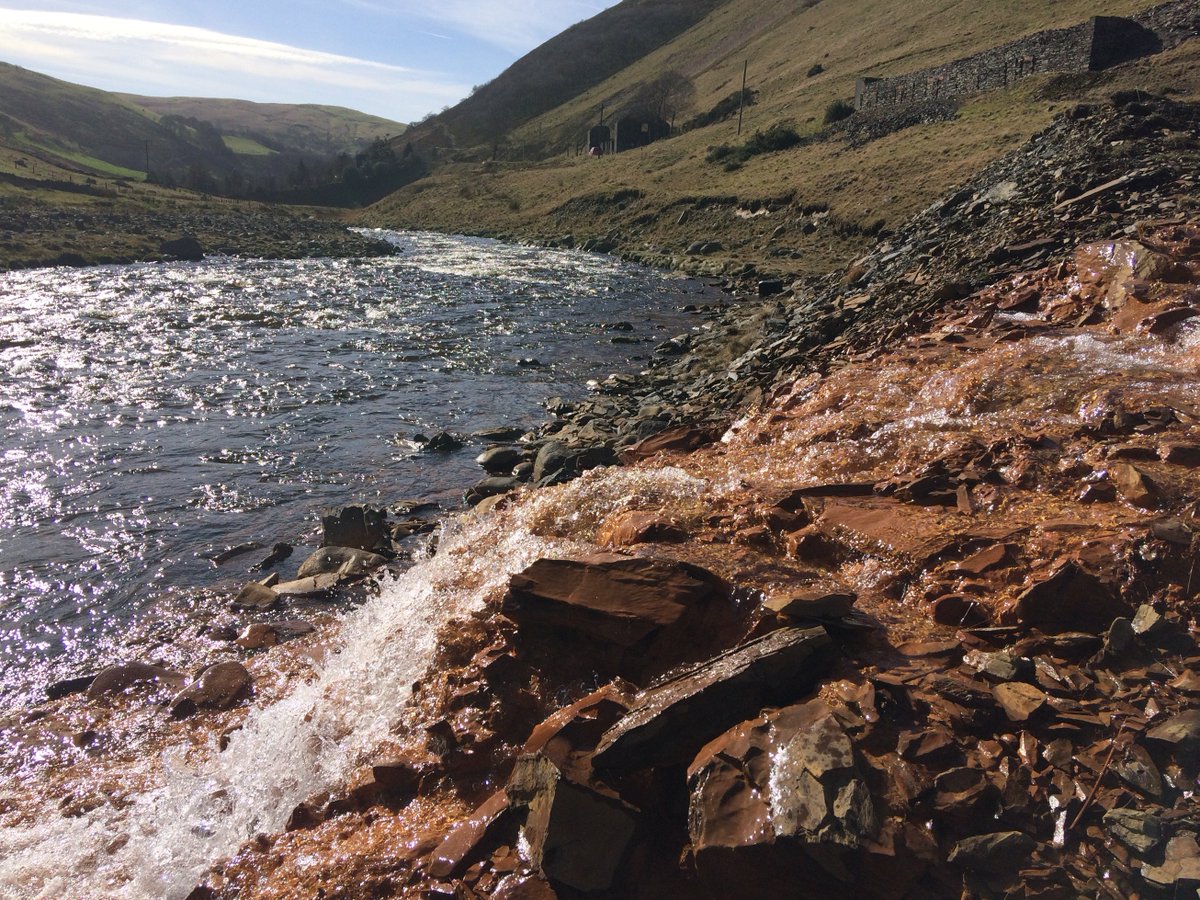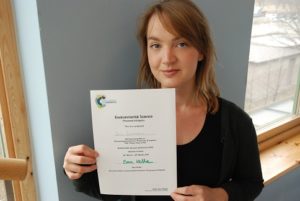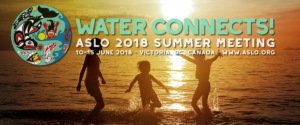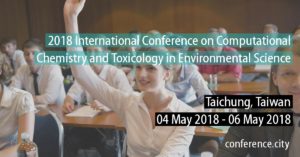We are delighted to introduce our latest Environmental Science: Processes and Impacts Emerging Investigator, Ning Dai!
Dr. Ning Dai is an Assistant Professor in the Department of Civil, Structural and Environmental Engineering at the University at Buffalo. Her research areas include disinfection processes for wastewater reuse and the fate of agrochemicals in natural systems. Ning received her B.S in Environmental Science and Engineering from Tsinghua University in China, M.S. in Civil and Environmental Engineering from Stanford University, and Ph.D. in Chemical and Environmental Engineering from Yale University. She joined the University at Buffalo in 2014 after a brief postdoctoral training in Stanford University. Dr. Dai is a recipient of the National Science Foundation CAREER Award.
Read her Emerging Investigator Series article: ‘Sunlight photolysis of 2,4-D herbicides in systems simulating leaf surfaces’ and find out more about her in the interview below:
Your recent Emerging Investigator Series paper focuses on sunlight photolysis of herbicides in systems simulating leaf surfaces. How has your research evolved from your first article to this most recent article?
This is actually my first article on photochemistry in natural systems. My past research mainly focused on engineering systems such as amine scrubbers for carbon capture and disinfection and oxidation processes for water reuse. As a PhD student, I only had a short project on tetracycline photolysis in my first semester; however, I was continuously exposed to photochemistry from group meeting presentations and from the discussions with one of my lab mates, who is an excellent photochemist. After I started my own group at University at Buffalo, I thought it would be interesting to pursue some projects in this topic. I still have a lot to learn in photochemistry, but I think that is the exciting part to be in academia – there are always new things to learn and discover!
What aspect of your work are you most excited about at the moment?
I am generally excited about learning. My students and I are learning new methods and analytical tools to try to answer new research questions. I find that a rewarding experience.
In your opinion, what is the biggest environmental impact presented by the photolysis of herbicides on leaf surfaces?
I believe further understanding of herbicide photolysis on leaf surface can improve the environmental fate model for pesticides. Currently, pesticide transformation on plant surface is not considered in the fate model, but it can be important for some pesticides. For example, we showed in this study that the photolysis of 2,4-D herbicides on surface can proceed at comparable rates as their biodegradation. This is noteworthy because biodegradation is considered to be the most important degradation pathway in the current fate model.
What do you find most challenging about your research?
To study photochemistry on plant surface, it is challenging to create well-controlled and yet environmentally relevant experimental conditions. This, I believe, also applies to any research involving heterogeneous systems.
In which upcoming conferences or events may our readers meet you?
I will be attending the American Chemical Society Fall Meeting in Boston this August. My student Lei Su (first author of this paper) will be presenting at the ARGO division.
How do you spend your spare time?
I enjoy swing dance, although I don’t get to dance as frequently as I did in graduate school. I guess it is somewhat busy to be a new faculty!
Which profession would you choose if you were not a scientist?
I believe I would be a full-time teacher (that is part of the university faculty job description as well). I enjoy the process of sharing knowledge.
Can you share one piece of career-related advice or wisdom with other early career scientists?
In my own experience as a PhD student, I learned a lot from my research group; not only on my dissertation projects, but also on the research topics I was not involved in. Similarly, I also learned from friends in other research groups and even other departments. The benefits extend beyond scientific knowledge, and include many great advices on career development. I consider peer learning a crucial component of the graduate school experience, and I would recommend everyone to fully engage in it.


